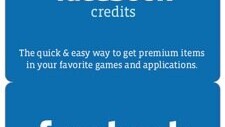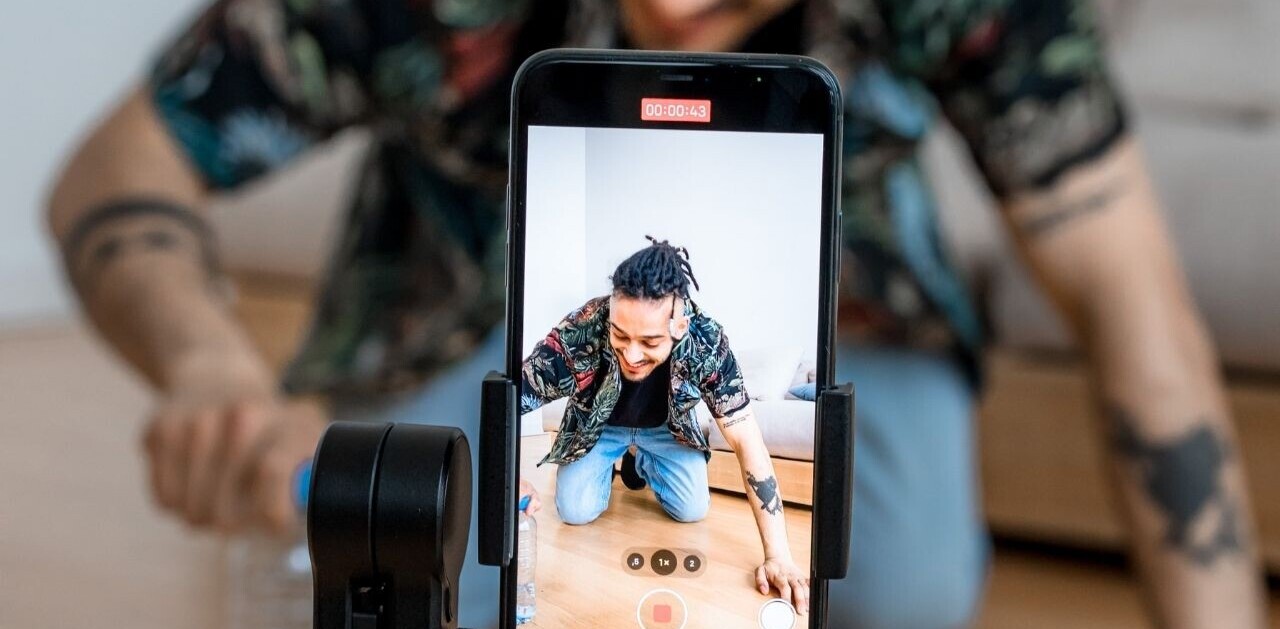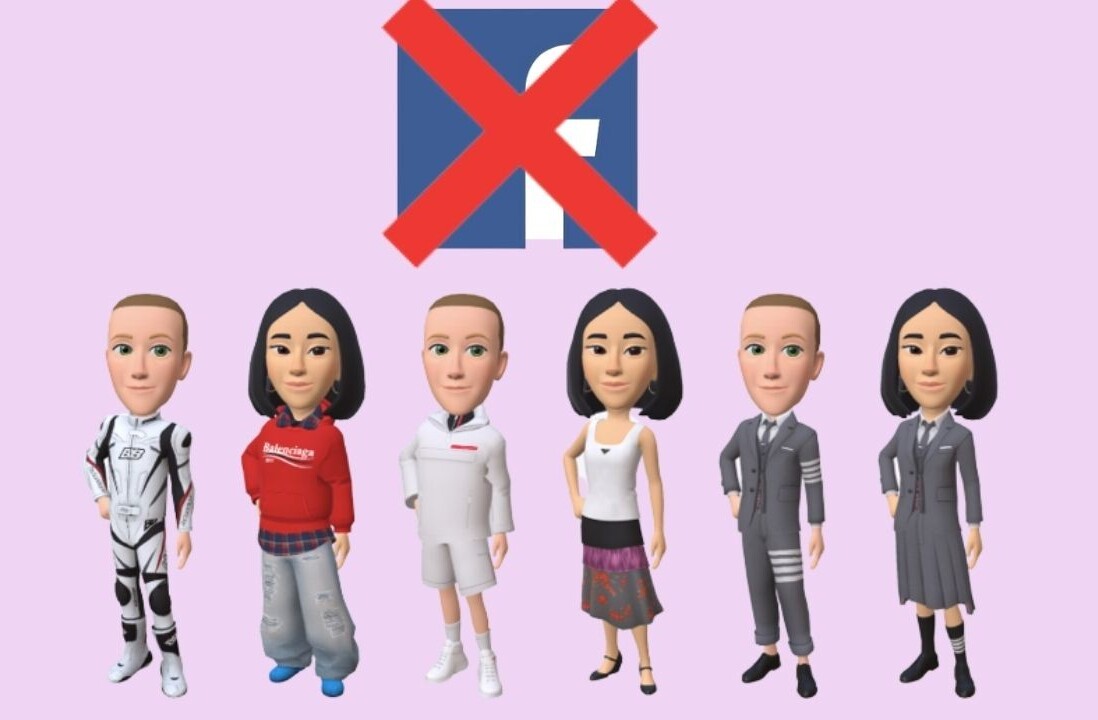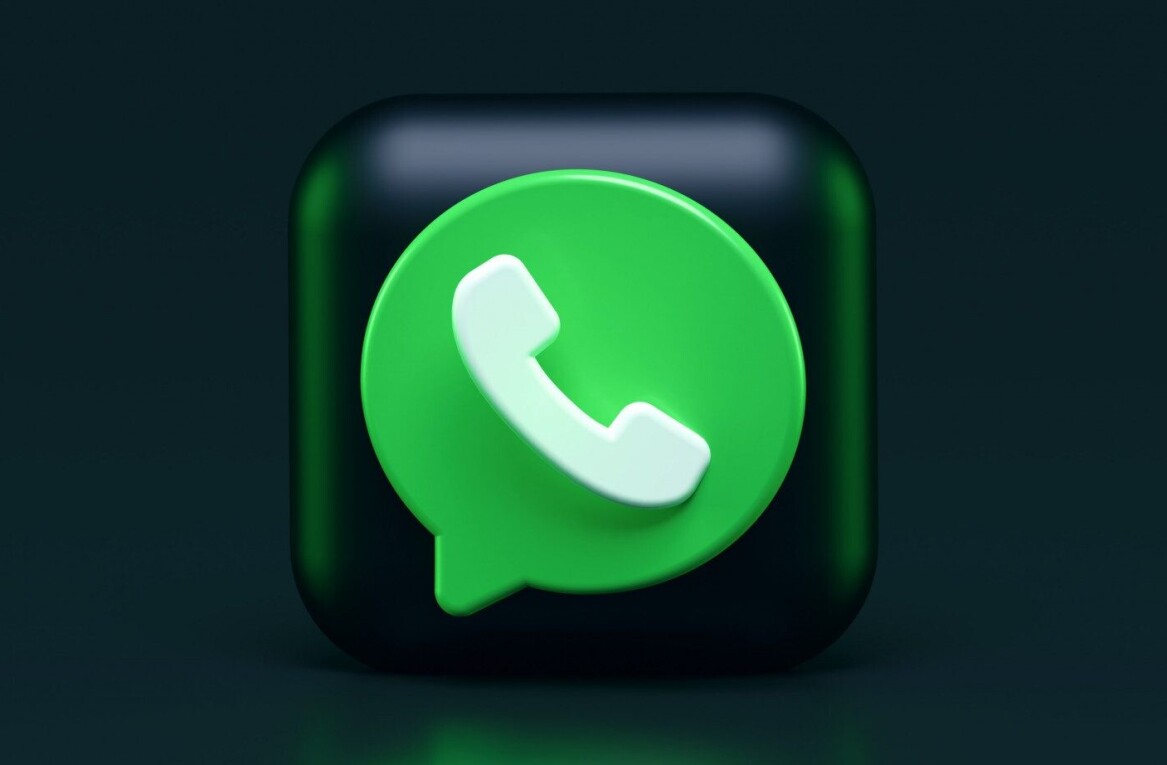
I’m increasingly interested in how Facebook is moving out of the confines of a typical social network and becoming more and more integrated with other parts of our lives. Delta Airlines turned it into a booking engine, Coca Cola took it into amusement marks with real-world Likes and we’re starting to see many other examples that show how the site is growing at an alarming pace and steadily diversifying. The latest addition comes from Target, who are introducing Facebook Credit gift cards into their stores.

This is Facebook’s first foray into the retail world and it’s an important one. While the concept may not be all that new – we’ve had iTunes gift cards for a few years now – this has important implications for the way we consume our social content. While the iTunes card leads to one site and one purchase, the potential for Facebook gift cards is phenomenal. The area of online purchases through games and social objects is ready to hit the mainstream and Facebook have just made this a little bit easier. By providing a physical purchase point they tap into common behaviour – purchasing a gift card – but use this for something completely new. I think it’s absolutely genius and brings us one step closer to a unified shopping experience, where your real and virtual currency are no longer separated.
It’s changed the way we shop
 Shopping online has never come all that naturally to me. As easy as it should be, I just find it a little too cumbersome and can never be bothered to hunt for my card, write out all the details etc.. What Facebook have potentially done is to bridge that gap. While Facebook credits are currently for use within Facebook itself, we’ve seen Facebook’s potential through the social graph and how quickly the Like button has been integrated into websites. Now imagine that instead of entering credit card details or your paypal login, you see an option to pay by Facebook. Then imagine that you just topped up your Facebook Credits while buying milk in your local shop.
Shopping online has never come all that naturally to me. As easy as it should be, I just find it a little too cumbersome and can never be bothered to hunt for my card, write out all the details etc.. What Facebook have potentially done is to bridge that gap. While Facebook credits are currently for use within Facebook itself, we’ve seen Facebook’s potential through the social graph and how quickly the Like button has been integrated into websites. Now imagine that instead of entering credit card details or your paypal login, you see an option to pay by Facebook. Then imagine that you just topped up your Facebook Credits while buying milk in your local shop.
As well as the opportunities in online retail, Facebook is in an incredibly powerful position as it takes over more and more aspects of not only our online lives, but daily life in general. Recent changes they’ve made to the site show how serious they are about being a constant presence in everything we do. As well as Facebook Places, a much lesser-reported change now lets you subscribe to actual people. This means that you can get a notification every time a person (or a page) takes an action on the site such as updating their status or uploading a photo. For me this becomes just a little too creepy and the ultimate in stalking. But it has huge implications for the way we communicate with each other and the very basics of human behaviour.
Facebook on the go
 And just in case you thought you were safe from Facebook while you’re not even remotely online, think again. In a further twist to Facebook becoming a bigger part of our everyday lives, you can now get Facebook on the go. General Motors have just introduced a new service in their in-car communication kit that allows members to receive Facebook updates read to them in the car. That’s right, you read that correctly, Facebook updates in your car. Now I’m all for being connected 24-7, it’s how I live my life. But I’m not sure I have a need to hear my Facebook updates while I’m driving. This may be a nice marketing stunt to launch their new service, but it shows just how big a role social media now has in our lives. The need for constant communication is growing rapidly and Facebook is driving this forward more than anyone.
And just in case you thought you were safe from Facebook while you’re not even remotely online, think again. In a further twist to Facebook becoming a bigger part of our everyday lives, you can now get Facebook on the go. General Motors have just introduced a new service in their in-car communication kit that allows members to receive Facebook updates read to them in the car. That’s right, you read that correctly, Facebook updates in your car. Now I’m all for being connected 24-7, it’s how I live my life. But I’m not sure I have a need to hear my Facebook updates while I’m driving. This may be a nice marketing stunt to launch their new service, but it shows just how big a role social media now has in our lives. The need for constant communication is growing rapidly and Facebook is driving this forward more than anyone.
The interesting thing is that as reliant as we have come on instant communication from Facebook and relish the opportunity to be ‘always on’, I’m increasingly hearing about Facebook fatigue. Mention Facebook in any conversation with your friends and the chances are you’ll start a wave of people saying they want to quit it. Students have chat on in the background while they study and put this down as the biggest distraction. Yet they choose to have it on. We can’t seem to stop ourselves and we get caught in a cycle – you fear cutting it out for what you’ll miss out on. Just how far can Facebook go?
![]()
Get the TNW newsletter
Get the most important tech news in your inbox each week.





